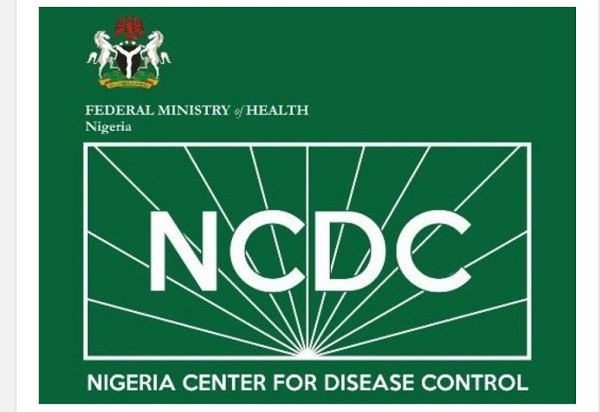
The Nigeria Centre for Disease Control and Prevention (NCDC) has released a comprehensive advisory to the public, healthcare workers, and state governments to mitigate the spread of cholera. The advisory emphasised the critical importance of maintaining proper hygiene and sanitation practices, particularly in the handling and consumption of food and water.
The NCDC, via its official website, stressed the need for Nigerians to ensure that all food is thoroughly cooked before consumption.
“Raw foods, such as fruits and vegetables, should only be eaten after being thoroughly washed with safe water,” the advisory stated. “Protect cooked food and boiled water from contamination by flies and unsanitary handling. Leftover food should be reheated thoroughly before consumption.”
The agency advised that individuals experiencing diarrhoea should avoid preparing or serving food or hauling water for others to prevent the spread of infection.
“Avoid open defecation and indiscriminate dumping of refuse. Proper disposal of waste and regular clearing of sewage are essential. Anyone experiencing sudden watery diarrhoea should seek immediate medical attention and refrain from self-medication,” the NCDC emphasised.
Nigerians are urged to always practice standard safety precautions, such as wearing gloves when handling patients or providing care to ill individuals. The public health agency called for intensified efforts to promptly report suspected cholera cases to facilitate timely intervention.
The NCDC also urged state governments to prioritize actions that ensure access to safe water, basic sanitation and proper hygiene practices in communities.
“This includes improving infrastructure for clean water supply and waste management. The NCDC, in collaboration with partners, continues to lead the health sector response to cholera outbreaks, advocating for urgent improvements in access to clean water, sanitation, and hygiene to protect public health and prevent further outbreaks,” the advisory read.
Science Nigeria reports that, according to the World Health Organisation (WHO), cholera is a food and water-borne disease caused by the ingestion of the bacterium Vibrio cholerae in contaminated water and food. Water is usually contaminated by the faeces of infected individuals at the source, during transportation, or storage at home. Food may be contaminated by soiled hands during preparation or while eating.
Beverages prepared with contaminated water and sold by street vendors, ice, and even commercial bottled water have been implicated as vehicles of transmission. Similarly, cooked vegetables and fruits freshened with untreated wastewater are potential sources of infection.
The time between infection and the appearance of symptoms ranges from two hours to five days. Cholera has a higher risk of transmission in areas lacking adequate sanitation facilities and a regular supply of clean water. Unsafe practices, such as improper disposal of refuse and open defecation, further endanger the safety of water used for drinking and personal use.
People most at risk include individuals of all ages living in places with limited access to clean water, residents of areas with poor sanitation and hygiene, those living in slums where basic water or sanitation infrastructure is missing, rural inhabitants who depend on surface water or unsafe piped or borehole well water sources for drinking, people consuming potentially contaminated food or fruits without proper washing and cooking, individuals who do not perform hand hygiene at appropriate times, victims of man-made or natural disasters, such as floods, resulting in population movements and overcrowded refugee camps, relatives caring for sick people with cholera at home, healthcare workers, including doctors, nurses, and other health professionals, providing direct patient care without standard precautions etc.
The symptoms of cholera include acute, profuse, painless watery diarrhoea (rice water stools) of sudden onset, with or without vomiting. It may be associated with nausea, profuse vomiting, and fever. Severe cases can lead to death within hours due to dehydration from massive body fluid loss. However, about 80 percent of infected people may only show mild symptoms or have no symptoms at all.
The disease is easily treatable if detected early. Most infected people can be treated successfully through the prompt administration of oral rehydration solution (ORS) to replace lost fluids and electrolytes, and appropriate antibiotics. The ORS solution is a powder that can be reconstituted in boiled or bottled water. Cholera can be deadly if infected people do not access care immediately.
Cholera can be prevented by ensuring access to safe, potable drinking water, proper sanitation and waste disposal, and appropriate hygiene, including handwashing. Raw fruits and vegetables, food from street vendors, and raw or undercooked seafood should be avoided.
To reduce the risk of cholera, the NCDC advised: “Ensure that water is boiled and stored in a clean and covered container before drinking. Practice good personal hand hygiene by washing your hands frequently with soap under clean running water. Use alcohol-based hand sanitiser if soap and clean water are not available.”

